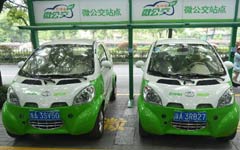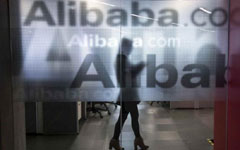But providing fiscal subsidies to or implementing market-oriented reforms in Beijing's public transport system is a controversial issue. According to a China Youth Daily survey, 52.8 percent of the 2,282 respondents oppose any increase in public transport fares. Those who oppose such a move regard fiscal subsidies for public transportation as reasonable, with many even saying that subsidies are an indispensable part of vital public services.
|
 |
 |
Another important reason why the Beijing transport authorities have initiated a fare reform is security in the metro. A Chinanews.com report says that 75 percent of the subway lines in Beijing carried passengers beyond their capacity during rush hours in 2013, greatly increasing the security risks.
In its internal document, the Working Plan to Further Strengthen Operational Security of Urban Rail Transport System, issued early this year, the Beijing municipal government has called for using the pricing leverage to divert subway passengers to other modes of public transport and reduce the risk of overcrowding. Wang Mengshu, a transportation expert and academic with the Chinese Academy of Engineering, told 21st Century Business Herald that the Beijing subway fare reform is aimed at reducing passenger flow to strengthen security rather than earning more revenue.
But the question is: What other modes of transport can the passengers use? As the media say, people use the metro to commute to and from work more out of compulsion and less by choice because they can avoid traffic jams. As long as the flow of road traffic doesn't improve drastically, it will not be easy to divert commuters from the subway to buses even if metro ticket prices are increased.
The author is a writer with China Daily.
